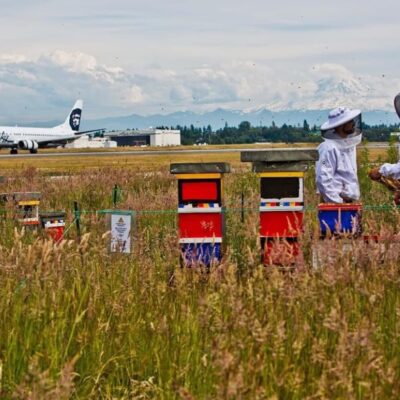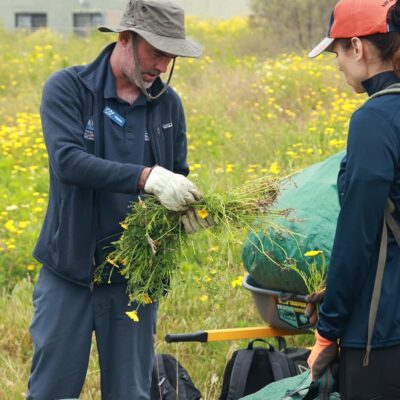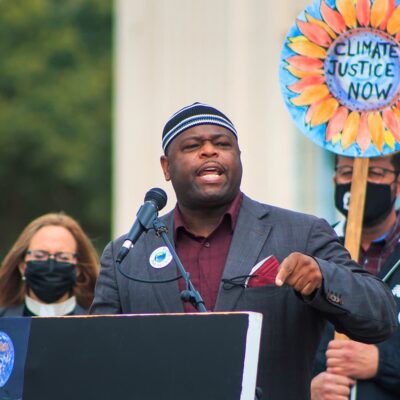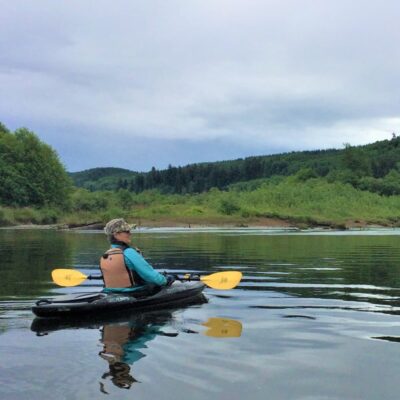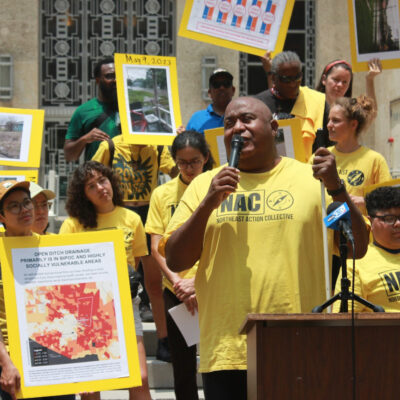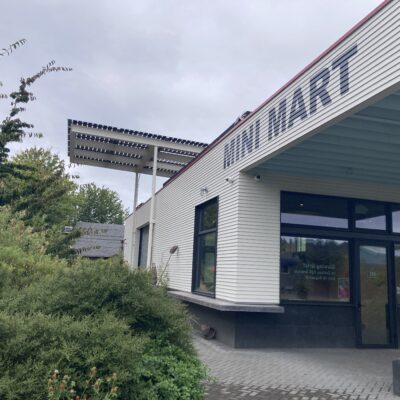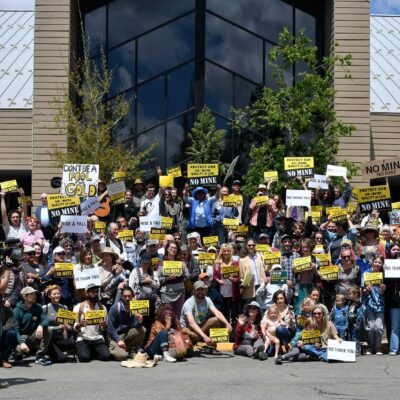
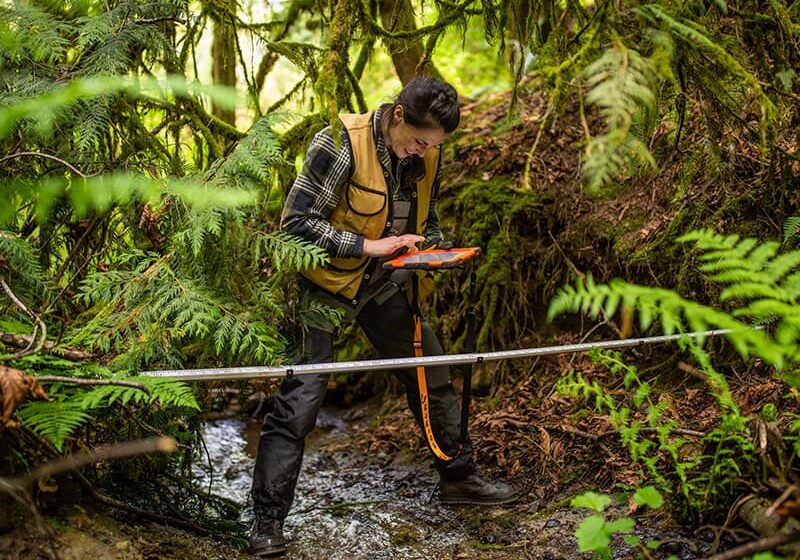
Environmental Grants
Unlock environmental change through Rose Foundation’s varied environmental grant funds.
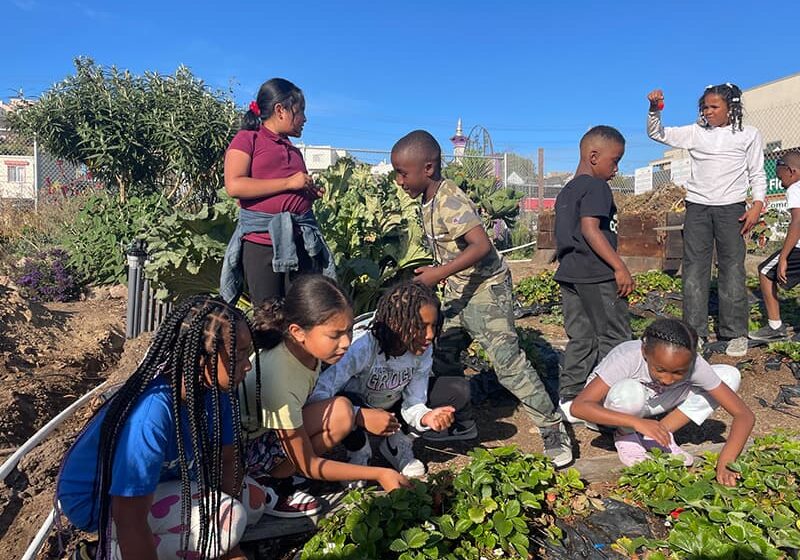
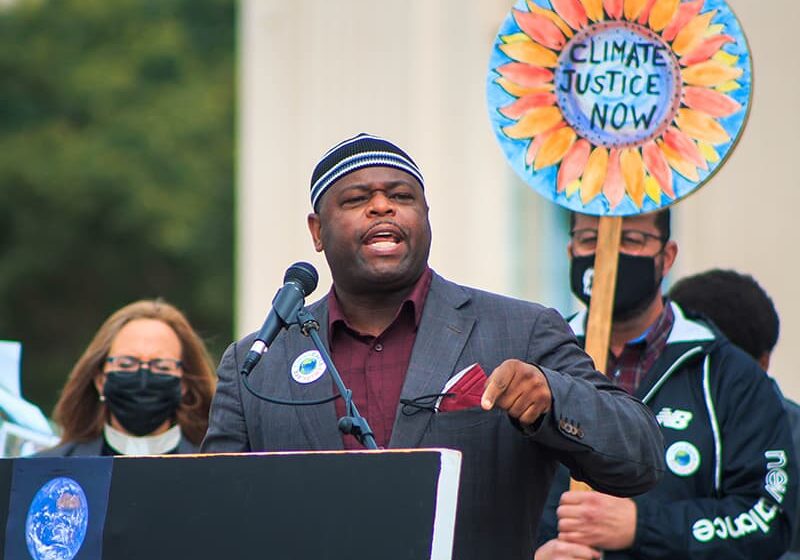
From our grassroots community funds for small, local projects to far-reaching air, water and land initiatives, our grant making spans California, Washington, Oregon, and beyond. Choose your fund, follow its unique application guidelines, and shape a greener tomorrow.
Find a Grant
Loading...
The California Wildlands Grassroots Fund (Cal Wildlands) supports the heroic efforts of grassroots activists to preserve California’s wildlands and natural habitat.
California
Up to $10,000
The Puget Sound Stewardship and Mitigation Fund’s goal is to mitigate past pollution runoff by supporting community-based efforts to protect or improve the water quality of Puget Sound.
Puget Sound, Washington
Up to $40,000
The California Watershed Protection Fund supports projects designed to improve water quality and protect watersheds across California.
Eligible watersheds in California (see geographic scope section)
Up to $40,000
The Environmental Justice for California’s Environment and Communities Fund (EJ-CEC) supports projects addressing hazardous waste related issues faced by areas affected by environmental protection violations.
California
Up to $50,000
The West Oakland Community Fund supports projects in West Oakland focused on business development, workforce development, education, and the environment.
West Oakland, CA
The Madera Well Resilience Fund is borne out of a settlement between the Madera Oversight Coalition and Vulcan Materials Company over alleged impacts of a hard rock quarry in unincorporated area of Madera County on groundwater supplies. The Rose Foundation for Communities and the Environment is administering a reimbursement program to assist homeowners in the vicinity of the quarry to remedy potential future problems, if any, with groundwater wells.
Madera County
Up to $20,000
The California Environmental Grassroots Fund supports small and emerging local groups across California that are building climate resilience and advancing environmental justice.
California
Up to $7,500
The Grays Harbor/Chehalis River Watershed Fund supports community-based organizations dedicated to protecting and restoring the watershed, and honoring its historical uses by preserving fish and wildlife so that the Chehalis River Basin will be healthy and productive in perpetuity.
Grays Harbor/Chehalis River Watershed
Up to $40,000
The Grassroots Leadership Fund, in partnership with the Kresge Foundation’s Climate Resilient and Equitable Water Systems (CREWS) Initiative, supports local activists across the country, and the small groups they lead, with immediate resources to address climate-driven urban flooding in low-income, historically marginalized communities.
National - United States
$15,000 total distributed over two years
Big Ideas Inspiring Stories

Grantee Spotlight: Friends of the San Juans
12 Aug 2025
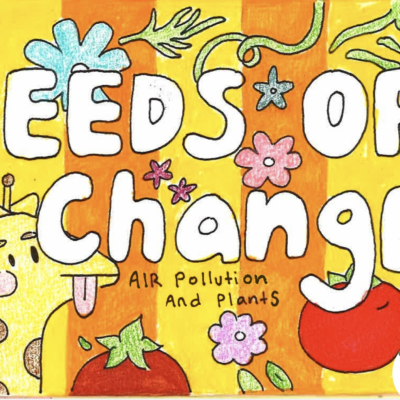
24-25 New Voices Fellowship Projects
14 Mar 2025
Take The Next Step
Each fund has unique criteria, application process, and deadline. We encourage you to apply to one at a time.
Quick Links
Do you have questions about the Rose Foundation’s environmental grants opportunities? Contact grants@rosefdn.org.
Stay Connected
Change is happening! Receive updates on grantee successes, upcoming grants, and opportunities to make a difference. Join our community and be a vital part of the environmental justice movement.
We respect your privacy. Please refer to our Privacy Policy to learn how we handle your information.

